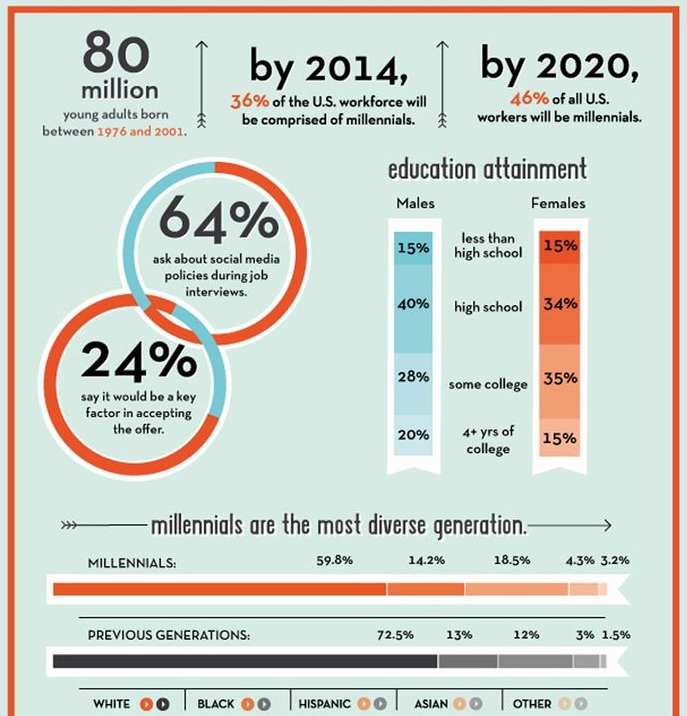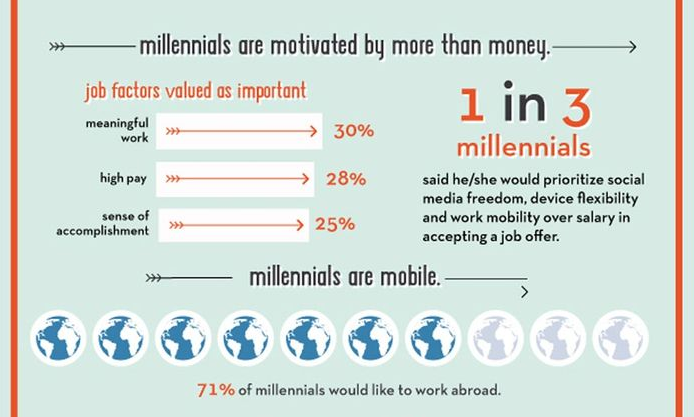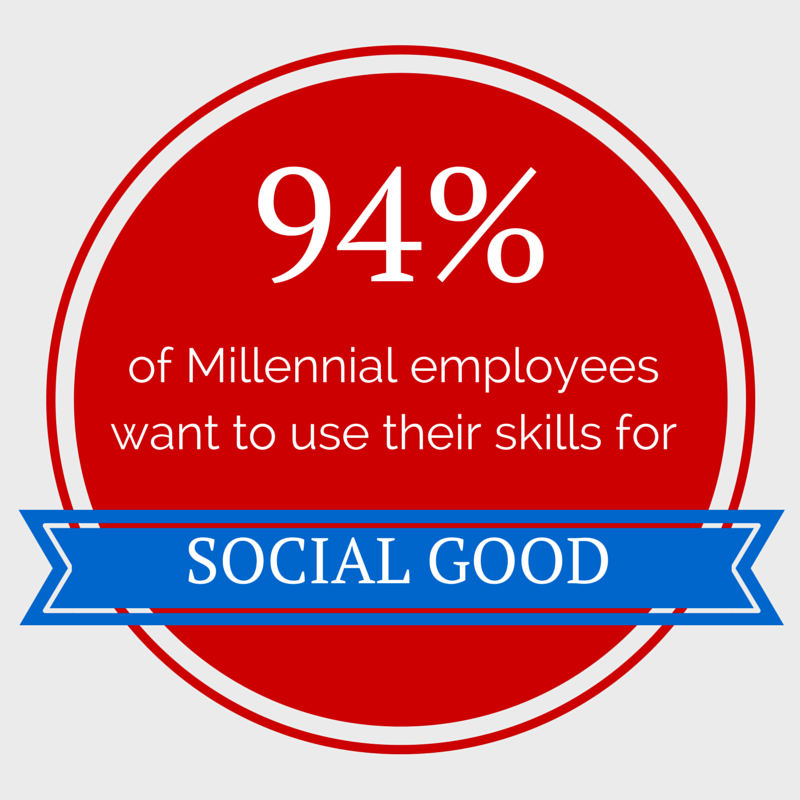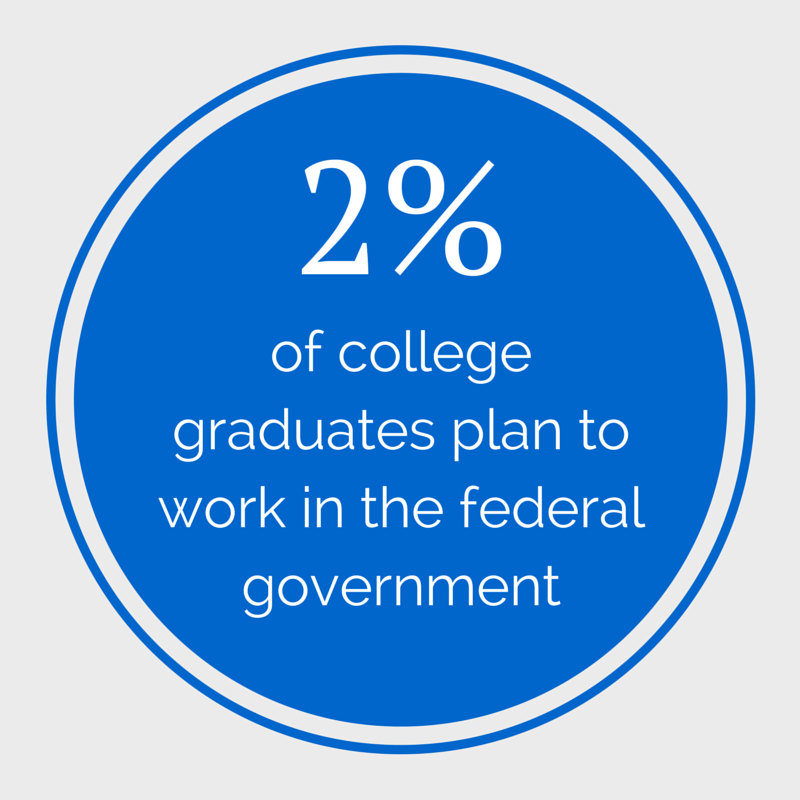Meet the Millennials: A Profile of America’s Youngest Professionals
February 16, 2015
The Millennials are a physical symbol of a dynamic cultural shift in America — one that could disrupt the political system for the better.

Editor’s Note: The Millennial Voices series is written by and for Millennials to foster nonpartisan discussion. Karlee Ursta is a junior at American University. The opinions expressed in this commentary are solely those of the author.
What exactly is a Millennial? Until recently, there was never an “official” way to describe this generation of young Americans.
The Census Bureau projects that the Millennial population will reach 75.3 million in 2015, deeming them the largest generation in the United States. The oldest of this group are establishing themselves in steady careers, while the youngest were born into a world that has never lived without the Internet or iPods.
Data source: US Chamber of Commerce Foundation 2012
The little faith Millennials have in the institution of government also stems from a belief that elected officials are motivated by selfish reasons, that elected officials do not share the same goals as their constituents, and that the political system has become far too partisan to be relevant.
This skepticism does not reflect the Millennial generation’s passion for social change: 53% of Millennial college students use their free time to volunteer for organizations and causes they love. Millennials just do not believe real change is possible in our currently polarized political system.
At Millennial Action Project, we believe our government needs a new generation of political bridge-builders. In the search for a more efficient Washington, this generation has more advantages than any before it. With an arsenal of new technology and educational resources, the Millennials are best poised to overcome gridlock and engage in post-partisan politics.
Karlee Ursta is a MAP Operations Intern and is attending American University where she she majors in International Studies and minors in Biology. She recently spent four months living in Ireland and traveling through Europe. Her career goal is to one day blend her two favorite subjects, science and politics, into something she can make a living off of.
As a tax-exempt nonprofit organization governed by Section 501(c)(3) of the Internal Revenue Code, Millennial Action Project (MAP) is generally prohibited from attempting to influence legislative bodies in regards to policy and legislation. It is important to note guest authors frequently take firm stances on issues and policy matters that are currently being debated by policymakers; when they do, however, they speak for themselves and not for MAP, its board, council or employees.






Join 1,900+ BIPARTISAN LEADERS NATIONWIDE
Be a part of a network of lawmakers committed to governing effectively, passing more representative public policy, and increasing public trust in democracy.



